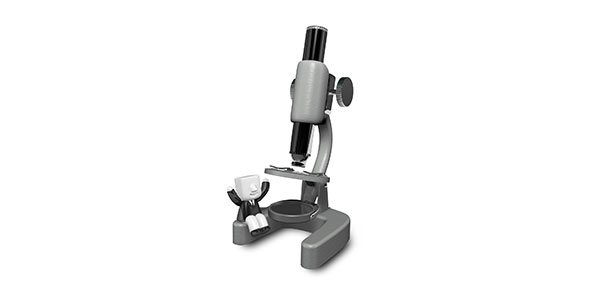Related Flashcards
Related Topics
Cards In This Set
| Front | Back |
|
Dissociative Disorder
|
A disorder characterized by disruption, or dissociation, of identity, memory, or consciousnes.Types: Dissociative Identity Disoder (DID)Dissociative AmnesiaDissociative FugueDepersonalizatin Disoder
|
|
Dissociative Amnesia
|
A dissociative disorder in which a person experiences memory loss without any identifiable organic cause.5 Distinct types:Localized SelectiveGeneralized ContinousSystematized
|
|
Localized Amnesia
|
Under Dissociative AmnesiaMost cases or more commonIn which evebts occuring during a specific time period are lost to memory.Example: A person cannot recall events for a number of hours or days after a stressful or traumatic incident, such as a battle or a car accident.
|
|
Generalized Amnesia
|
Under Dissociative AmnesiaA person forgets his/her entire life - who they do, where they live, who they live with.Very rareCannot recall persoal information.Example: You would not forget how to read but you would not remember your teachers.
|
|
Continuous Amnesia
|
Under Dissociative AmnesiaA person forgets everything that occurred from a particular point in time up to and including the present.
|
|
Dissociative Fugue
|
A Dissociative DisorderIn which one suddenly flee's from one's life situation, travels to a new location, assumes a new identity, and has amnesia for personal material.Formerly called "psychogenic fugue."Relatively rareDifficult to distinguish from malingering.
|
|
Depersonalization Disorder
|
Characterized by persistent or recurrent episodes of depersonalization. Feelings of detachment from one's self or one's body. Feelings that are unrealistic.
|
|
Somatoform Disorder
|
Disorder characterized by complaints of physical problems or symptoms that cannot be explained by physical causes.Not concious, no gain.Symptoms interfer with the person's life.Several distinct types.Not the same as malingering, factitious disorders.Types:Conversion HypochadriasisSomatization PainBody Dysmorphic
|
|
Malingering
|
A purposeful fabrication of symptoms for obvious gain (such as avoiding work).Faking an illness to avoid work.Not a psychological disorder.Motivated by external incentives.Not a Somatoform Disorder.
|
|
Munchausen Syndrome
|
A type of factitious disorder characterized by the fabrication of medical symptoms.Can make oneself ill (by ingesting toxic substances)The deliberate fabrication of seemingly plausiable physical complaints for no obvious gain.Not a Somatoform Disorder.
|
|
Munchausen by proxy
|
A form of child abuse in which a parent induces real or apparent symptoms of a disease in a child.The symptoms improve at the hospital but reappear at home.Some examples are: blood added to the child's stool or urine, falsifying fevers, etc.
|
|
Conversion Disorder
|
A Somatoform disorder.Characterized by loss of impairment of physical function in the absence of any apparent organic cause.Not the same as malingering.Symptoms are not intentionally produced.More common during stressful situations.A psychological connection.Has to been linked to childhood trauma.
|
|
Hypochondriasis
|
A somatoform disorder characterized by misinterpretation of physical symptoms as signs of underlying serious disease.Preoccupation or fear that one's physical symptoms are due to a serious, illness such as cancer.Not consciously faking their physical symptoms. This is done unconciously.They experience physical discomfort, assortment of aches & pains.
|
|
Body Dysmorphic Disorder (BDD)
|
A somatoform disorder characterized by preoccupation with an imagined or exaggerated physical defect in appearance.Feeling that they are ugly or even disfigured.Continious examination of their skin and appearance.Extreme or unessary plastic surgery.
|
|
Koro Syndrome
|
A culture-based disorder, found primarily in China.People fear that their genitals are shrinking and retreating into their bodies.Identified mainly in young men.Tends to be short-lived.Involves episodes of acute anxiety.Tends to believe that this will cause death.
|






